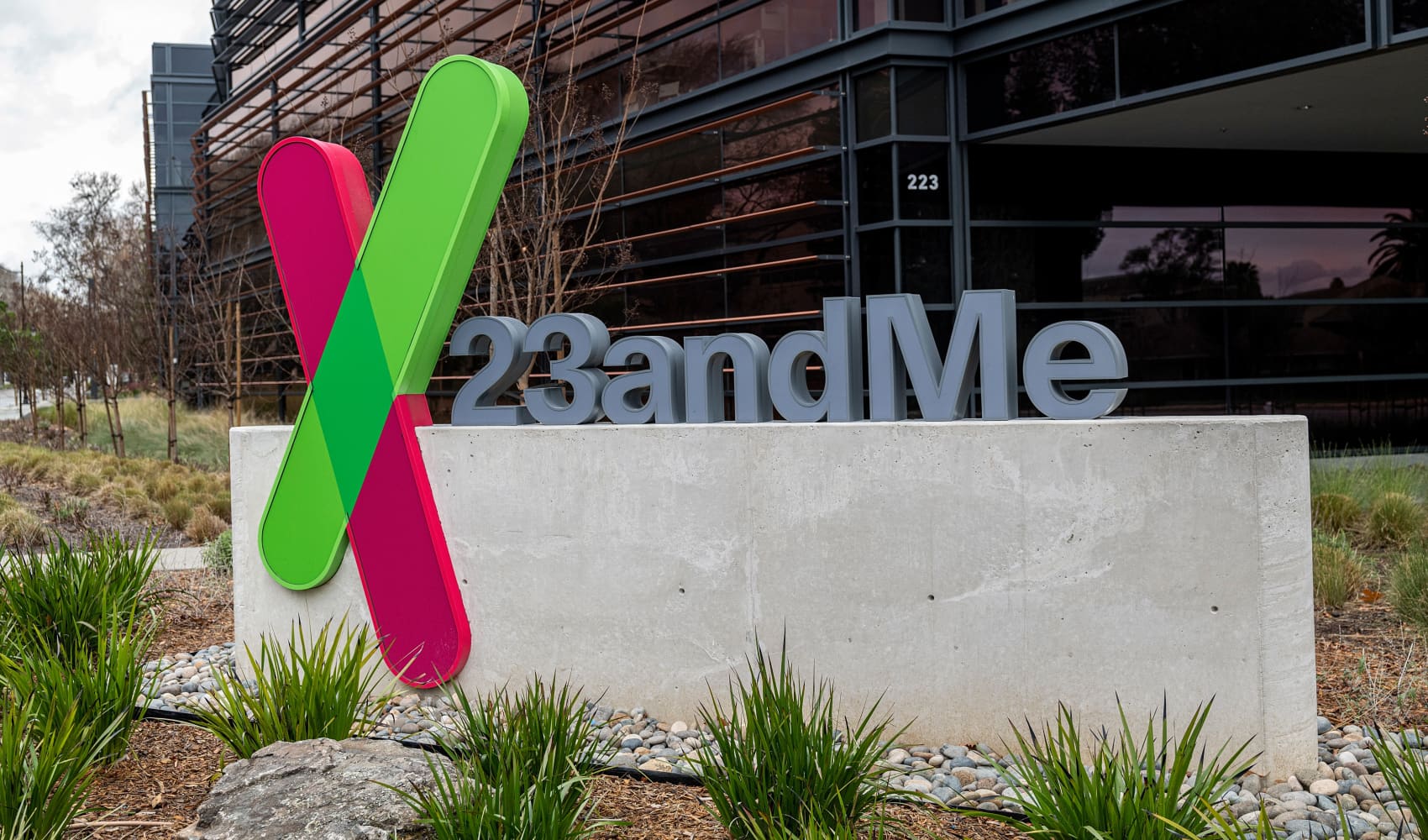
U.S. Treasury yields fell on Thursday, with investors focused on a new batch of economic data and the war in Ukraine.
The yield on the benchmark 10-year Treasury note fell nearly 3 basis points to 2.331% in afternoon trading. The yield on the 30-year Treasury bond moved down more than 3 basis points to 2.443%, putting it roughly even with the 5-year yield. Short-term yields converged with long-term yields later in the session.
Yields move inversely to prices and 1 basis point is equal to 0.01%.
Thursday morning provided investors with several updated looks at the state of the U.S. economy. Weekly jobless claims came in at 202,000. Economists surveyed by Dow Jones were expecting 196,000.
Get New England news, weather forecasts and entertainment stories to your inbox. Sign up for NECN newsletters.
Core PCE prices, a key inflation measure watched by the Fed, came in at 5.4% growth year over year in February. That was just below the expectations of 5.5%. Personal income rose 0.5%, meeting expectations, while consumer spending rose less than expected.
Rising inflation, exacerbated by the Russia-Ukraine war, has led to concerns that this could weigh on economic growth.
Russia said Tuesday it would reduce its military presence in some parts of Ukraine, but several countries — including the U.S. and U.K. — remained skeptical over Moscow's pledge, and Russian attacks on Ukraine continued Wednesday.
Money Report
Fed Chairman Jerome Powell said last week that the U.S. central bank could become more aggressive with its interest rate hikes in order to get inflation under control.
On Monday, the 5-year Treasury yield rose above the rate on the 30-year U.S. government bond, known as a yield curve inversion, for the first time since 2006. Historically, yield curve inversions have happened prior to recessions. Those two yields inverted again on Thursday.
However, the inversion that is considered more important by traders is that between the 2-year and 10-year Treasury yields. This spread effectively became flat on Tuesday, according to CNBC data, while other sources showed the curve briefly inverting.
Hugh Gimber, global market strategist at JPMorgan Asset Management, told CNBC's "Squawk Box Europe" that a global recession was still not his base investment case for 2022.
"I acknowledge that recessionary risks have risen so far this year, given the shock to commodity prices that really does feed through into squeezing consumer incomes but when you look at the strength of consumer balance sheets coming into this shock we had strong tailwinds," Gimber said, pointing out that many consumers had built up savings over the past couple of years.
John Luke Tyner, portfolio analyst at Aptus Capital Advisors, said that yield curve inverting could have a psychological impact on the market and businesses.
"I think that the yield curve, in history, looks pretty accurate, but you're going to see more than a three minute inversion of 1 basis point to spook the market," he said.
Auctions were held for $35 billion of 4-week bills and $30 billion of 8-week bills.
— CNBC's Holly Ellyatt contributed to this market report.






